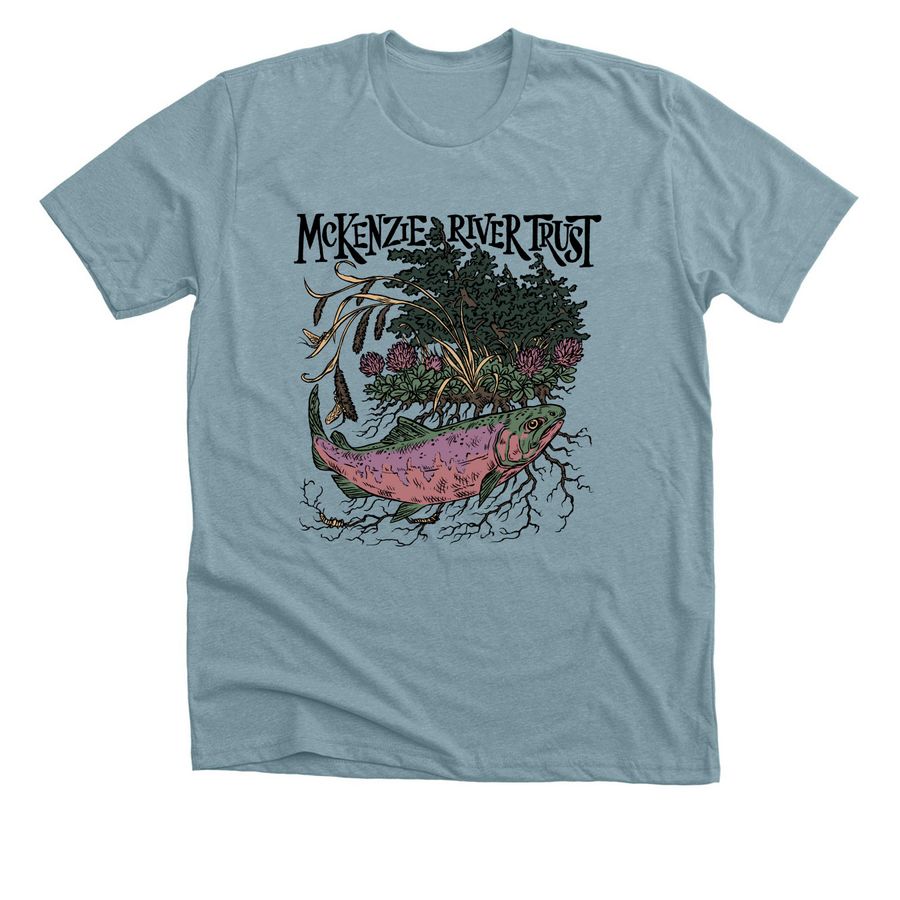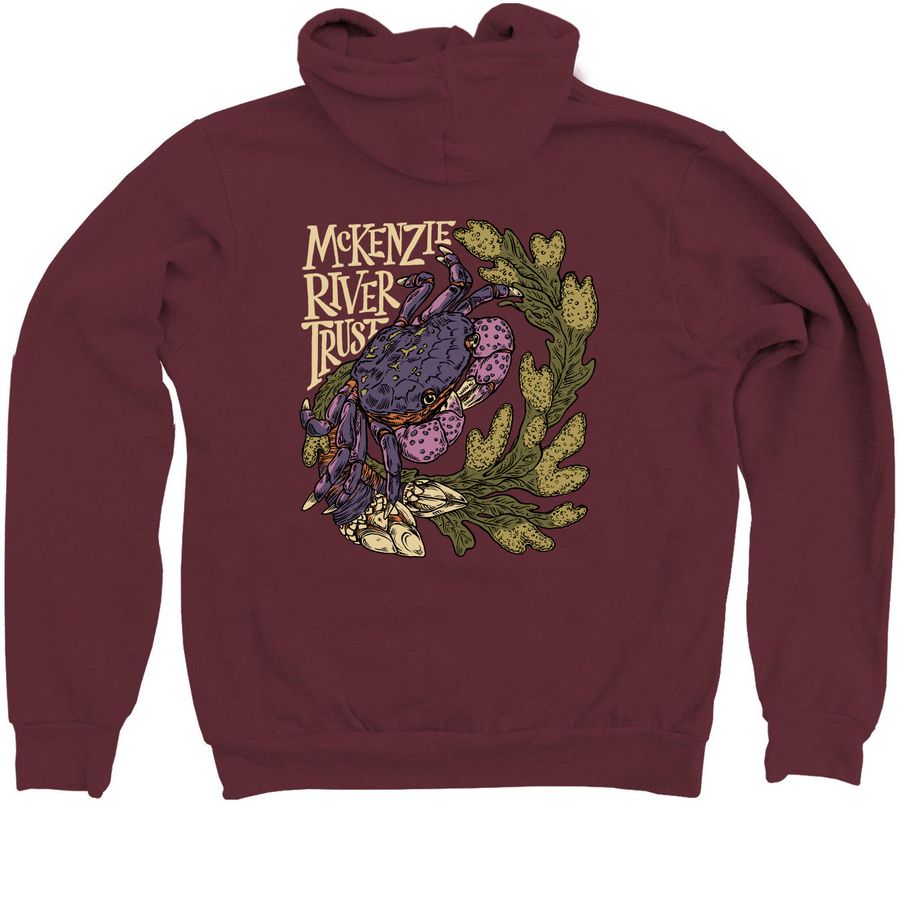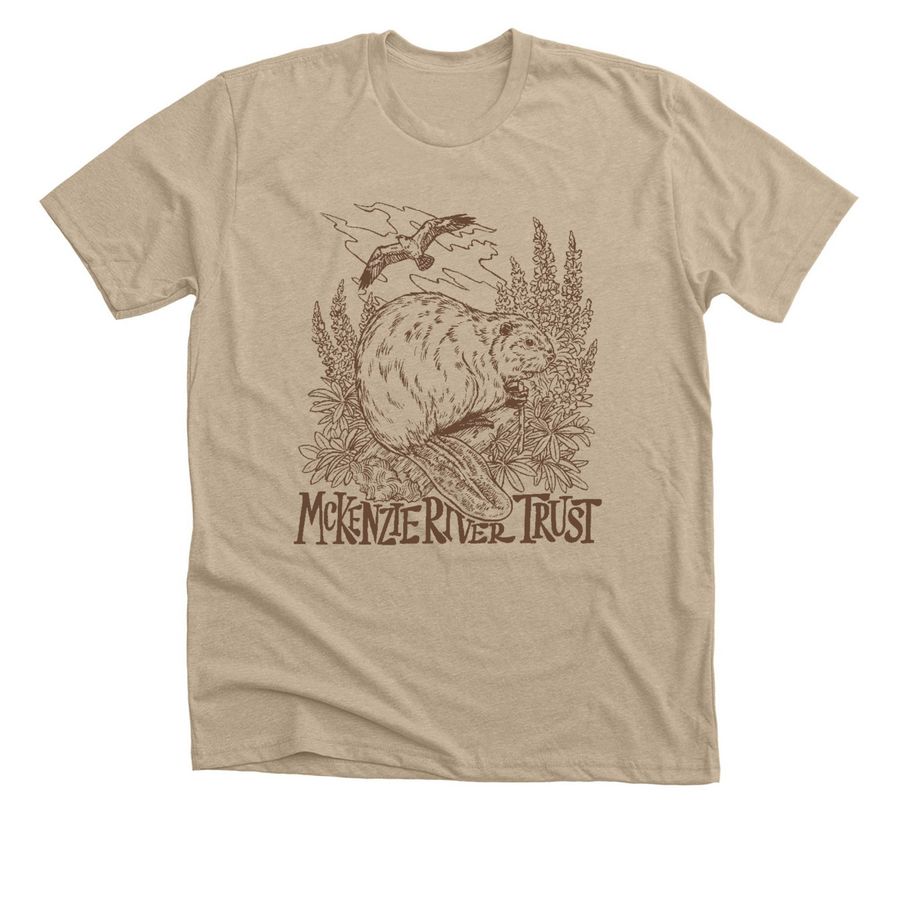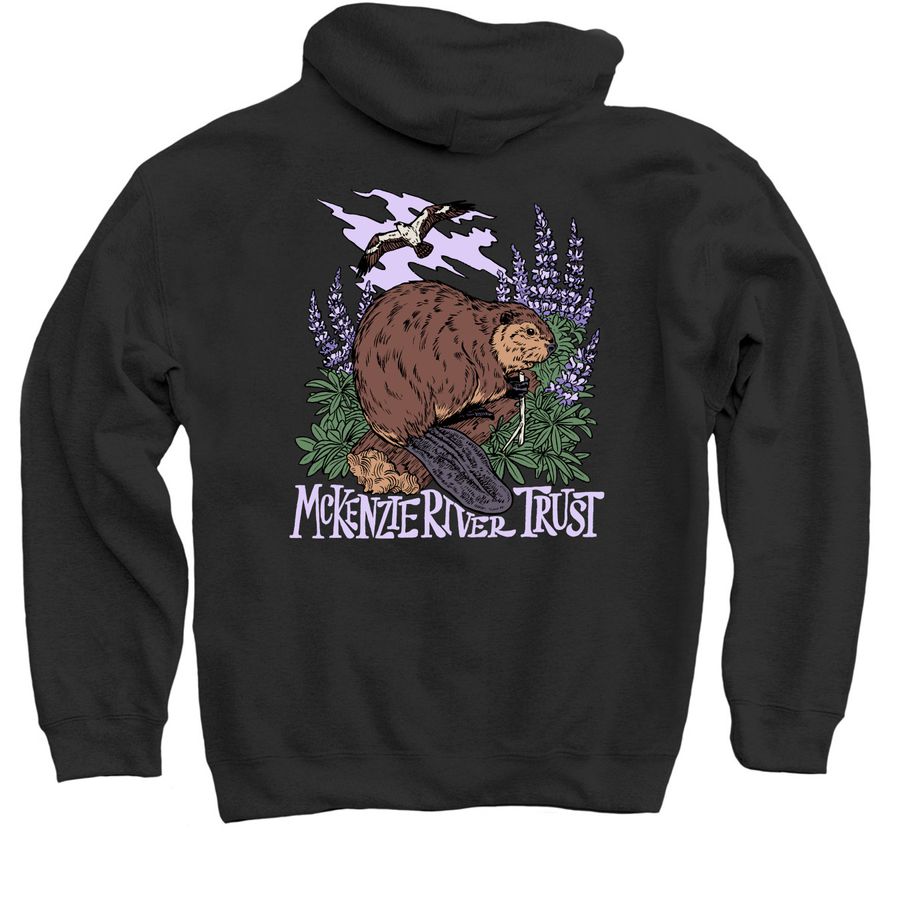Duane Noriyuki
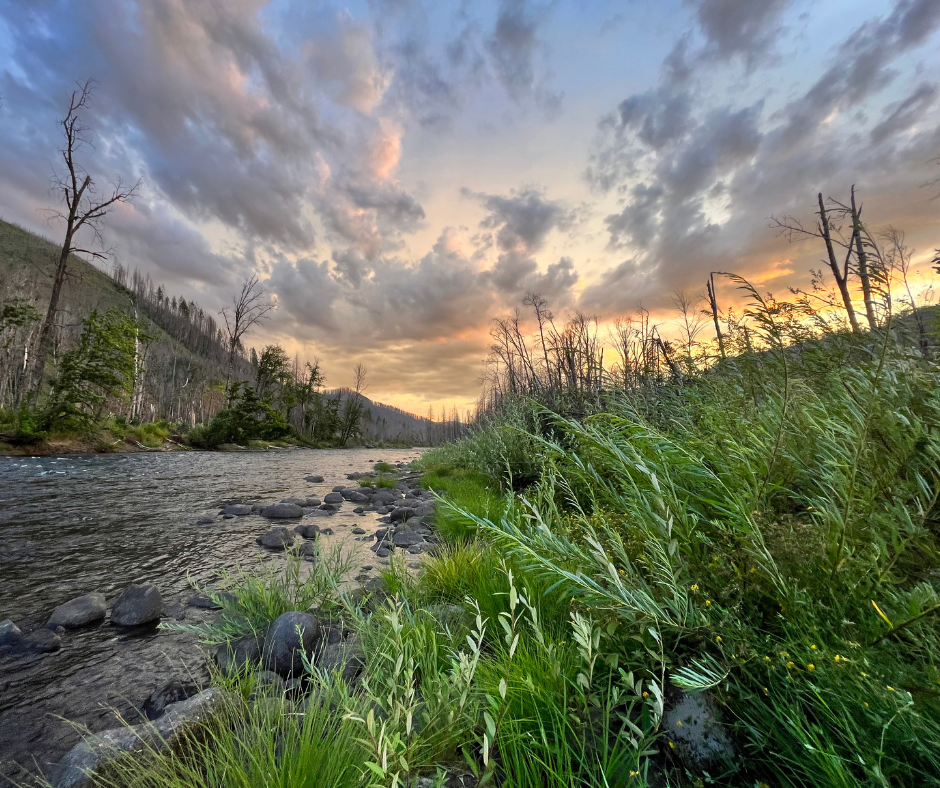
My father, like his father, was a farmer. I can picture him as a young man in northern Colorado walking into a field at day’s end, pushing his shovel into the ground and kneeling to study roots of corn or pinto beans. He would hold the soil to his nose, checking for who knows what, then crumble it between his fingers, returning it to the ground. He saw something, smelled something in the land that I never did.
My father had an intimate relationship with the land, grooming fields until they were smooth and level, planting seeds he could barely afford, nourishing them and harvesting the crops they yielded. But he could not protect them when the sky fell, bringing hail or early snow and frost, or—worst of all—nothing, not a single drop to counter years of draught.
Ultimately it was my father’s hope that ran dry. By 1971, my older brother and sister had left home, and I was preparing to leave for college or a job or Vietnam. My father, the oldest son of Japanese immigrants, had quit high school to help on the farm, the family’s foothold in America, but over time the viability of the family farm changed. “The little guy,” he said, “doesn’t stand a chance.”
So, on a winter day, he auctioned our equipment, which, as renters, was all we had, and he made enough money to get out of debt and move us to nearby Fort Collins, where he found work offering a steady paycheck and benefits in a factory making airplane parts.
Undrafted and unskilled, I took out loans and grants to attend college, beginning a journey through two universities followed by a journalism career through eight newspapers and five states. Ambition and discontent have similar effect, but ambition pulls and discontent pushes. It is only in looking back that I realize I have pushed forward from one place to the next from the time I lived on the farm.
I am 71 years old now, retired and living with my wife, Julia Sandidge, on the banks of the McKenzie River. It is my 42nd address, and although we have been here for only seven years, it is by far the longest we have lived anywhere, individually or collectively. It is where we would like to live out our lives, which, I suppose, means that this also is where we hope to die.
It was never our intent to remain in Oregon upon Julia’s retirement. We planned on returning to Colorado, which we both considered home, but Colorado was not the place we remembered. Growth had led to exorbitant real estate prices, and it had become unfamiliar, sordidly fashionable and too damn crowded. Traffic, alone, was enough to turn us away.
So we chose the forest and river because, as near as we could tell, we didn’t belong anywhere else—not in the city with its noise, concrete and pollution, not in the suburb, where mowing the lawn is a blood sport, life is regimented, and streets are wide with few sharp turns.
We live in a small, unassuming house next to the McKenzie, where, on summer nights when I can’t sleep, I can sit next to it and watch the moon’s reflection on the water and listen to Bach, Coltrane, Springsteen or a chorus of frogs singing to the night in a desperate frenzy.
Such moments remind me of life’s magic, the way seasons change and planets move and the way the universe writes its own poetry.
One evening beneath an amber sky, I was standing knee-deep in the river casting a line into shadows and marveling at the solitude when I heard a noise in the distance. I turned my head, and a quarter mile to the east, a flock of Canada geese covering nearly the entire width of the river was flying toward me like fighter jets in V formation. Their honking grew increasingly intense as they neared, and I froze in awe as they flew directly overhead just above the treetops.
I was overwhelmed by their volume, unwavering course and the force of their wings, and as suddenly as they emerged, they were gone, leaving only river sound in their wake. I looked to see if others had witnessed the spectacle, but no one was there. The moment was mine alone.
Here on the river, I have learned that nature is both art and artist. Spring explodes in blooms and fragrance, and summer offers a lingering sun and “komorebi,” the Japanese word for sunlight filtering through trees. Autumn splashes bold colors, but to me the valley is most beautiful in winter, those precious days when trees are laced in white, sounds are muffled and the land sleeps beneath a quilt of snow.
The life that nature affords us, however, comes with risk. The Holiday Fire of 2020 was one of the largest in state history. We evacuated and waited days in a hotel room as the fire marched toward our home from 30 miles away. We began to lose hope when, miraculously, the winds shifted, and flames retreated less than a mile from our home. Nature spared us, but man did not. Thieves ransacked our house during the evacuation.
Then, not long ago, back-to-back ice storms devastated the area, and we were without utilities for two weeks. It turns out that the trees that grace us also fall upon us or around us, and sometimes turn to flames. Nature abides by its own laws, and we are here because it allows us to be here. It will let us know when it’s time to leave.
I carry a rock in my pocket to remind me that no matter where I am or what I’m doing, I will always be a farm kid from Colorado, even now in the autumn of my life here in Oregon. It reminds me that the land we live on, lives in us, and if we pay attention, we might learn important lessons about life and ourselves.
We might see how the river is more than habitat, recreation and home. It is a place where wandering souls come to find themselves and where those without hope search for inspiration and reason, because here—upon the current and beneath amber skies—is where such things can be found.
The rock reminds me of my father as he knelt in fields unaware that I was watching. I imagine him looking up at me. What would he say? What did he see and smell in the land?
The answer, I realize, has been in my pocket all along.

